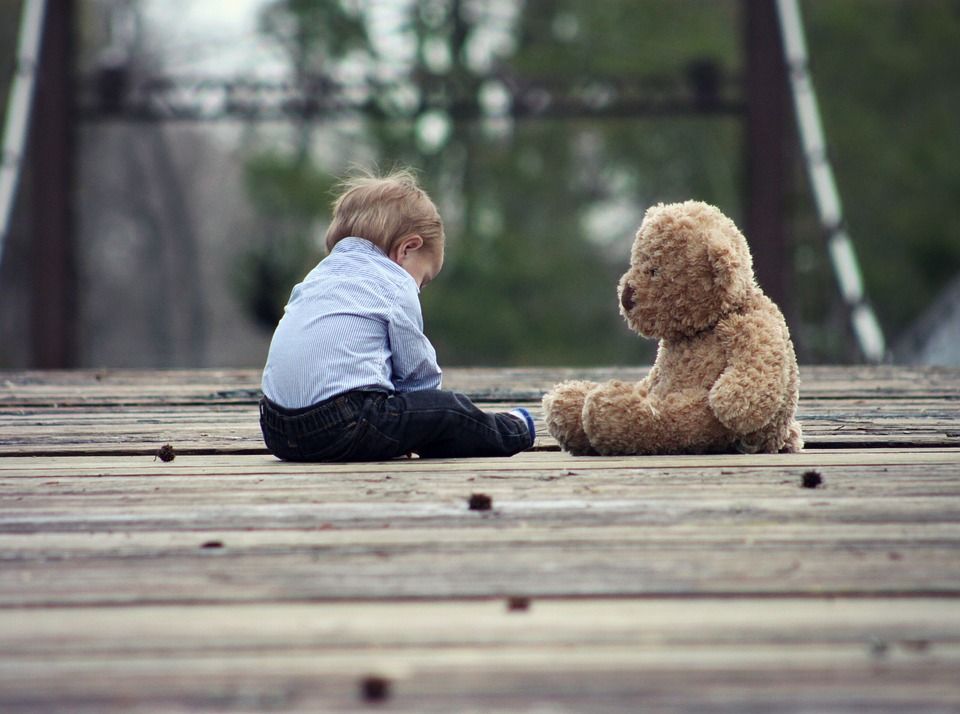
What Happens to the Children Affected by the Opioid Epidemic?
What happens when someone has asked you to take care of his or her child while they were taking care of personal issues like drug addiction to avoid having the child being placed in the system and now that person wants the child back, but doesn’t really have it together at this point? Are you finding yourself in a similar situation? More and more people will most likely find themselves in situations such as this as a report released in 2017 by the U.S. Centers for Disease Control and Prevention (CDC) states that all but nine of Arkansas’ 75 counties had overall opioid prescribing rates higher than the national average of 66.5 prescriptions per 100 people. Arkansas’ opioid prescription rate far exceeds that coming in at a whopping 114.6 prescriptions per 100, making us second only to Alabama. My intention here is not to point the finger or place blame on the medical teams determining who needs prescription opioids and who doesn’t, my intention is to take care of the innocent children affected by this crisis. Far too many children are negatively impacted due to drug abuse. In fact, substance abuse is the number one reason children entered foster care in 20171. Arkansas has made some ground in the foster care crisis in the past year, which is partly due to placing children with safe relatives as often as possible rather than placing them in the system.
Family members that take in children are often extremely protective of them and grow to love them as their own, but many times the biological parent wants to become involved in the child’s life again. If that parent is stable and cleaned-up then there is nothing greater than reunifying a family, but if that parent is not quite ready to take on the role of a responsible parent, what are your rights as the family member that has taken in the child?
First, let’s look at the difference between custody and guardianship. Custody is a legal order between parents. It establishes who can make decisions about the child’s upbringing and how much time each parent spends with the child. If you are not the child’s parent but need the legal authority to care for the child, you must file for guardianship. Guardianship can be ordered by a judge over anyone who is incapacitated, a person under the age of majority who hasn’t gone through a removal of disabilities, or emancipation. The judge will determine that the parents are not fit to have custody and guardianship is in the best interest of the child. Criteria the judge will use to determine if the person seeking guardianship is that they are 18 or older, of sound mind, and never convicted of a felony, this includes a felony that has been pardoned. Additionally, sealing or expunging a criminal record will not make someone eligible to be a guardian. Two people that meet the criteria and are married can both be guardians. There are two types of guardianships: guardianship of the person and guardianship of the estate. Generally, guardianship of a minor involves both.
Once guardianship is established, the child cannot simply be handed back over to the parent just because they want him or her back, a judge must approve the termination. The parent wishing to regain parental rights must file the appropriate paperwork in court, notify the guardian and set a date to present his or her evidence to the judge. At this point, there are couple of things that can happen depending on the situation. If all parties agree that guardianship is no longer needed, they can go to court together and tell the judge why the guardianship should end. Even in this case, the parent will most likely need to prove to the judge why he or she should be considered a fit parent. For example, successfully completing a drug rehab program, a steady job, etcetera. In the case where the parents and guardian do not agree to the termination, then each must present evidence to the court. The guardian will need to prove that the guardianship is still needed and the parent will need to prove why he or she is fit. Much of these situations depend on why and how the original guardianship was established. Did the judge order, did the parents agree to it in the beginning?
If you find yourself in any of these situations, contact Kevin Hickey Law Partners. Our expertise in these types of cases will work for you. We have many years of experience in family law involving custody and guardianships helping families with the best decisions for children affected by drug abuse.
References
1. https://humanservices.arkansas.gov/
